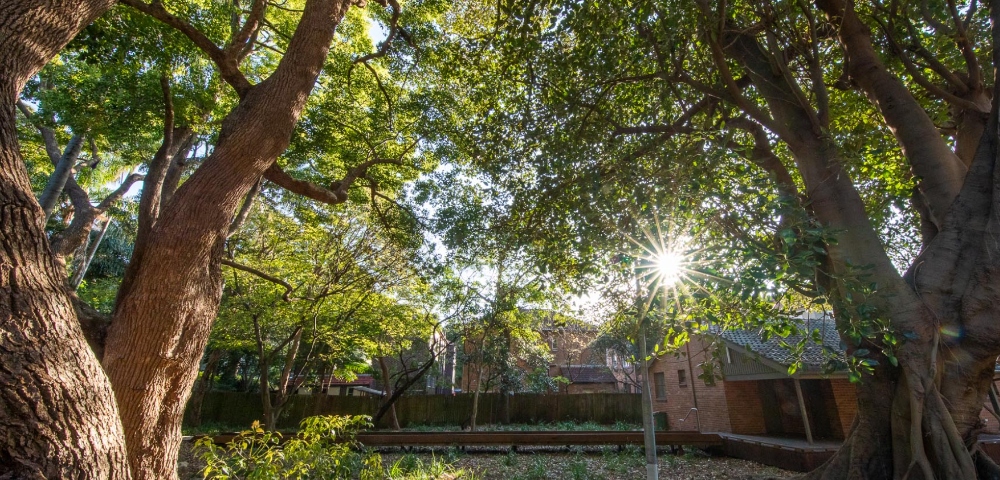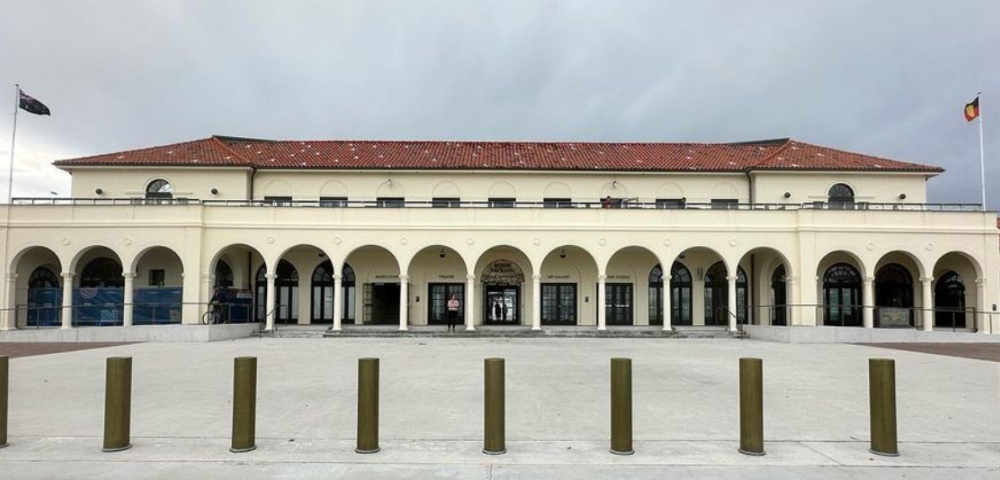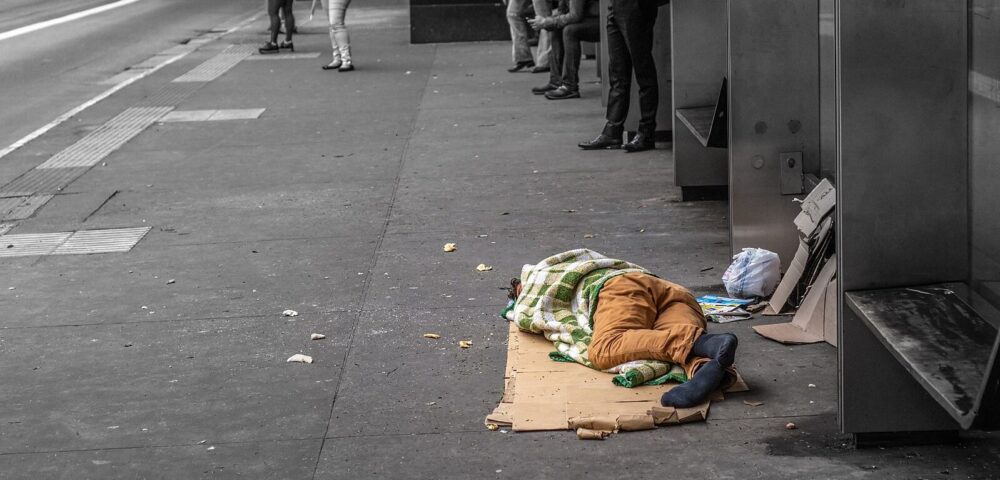
What price the neighbourhood?
The mayoral telephone rang. Her caller was a younger party functionary angrily saying, “Your council is offending friends of the party!”
“Then they’ll just have to stay offended,” she retorted, putting down the phone. The mayor knew what was going on: the junior party executive doubled as the party’s chief fundraiser. Her councillors, from a rival faction to her caller, strongly opposed the ruling faction’s enthusiasm for accepting donations from vested interests. This was in the early nineties.
This story, though about one party, could apply to both major parties – they accept gifts from developers, liquor interests, infrastructure construction firms and, most recently, those interested in electricity supply.
But it is gifts from developers that have the potential to change the face of Sydney. Since that telephone call above, Waverley has been just one of the “difficult councils” to raise the ire of developers who complain to fundraising party officials that they had expected more consideration.
Developers and the State Government had a problem with municipalities like Waverley because for many years they refused to accept head office money to assist in their elections. The government’s response was to trim the power of councils. The Land and Environment Court received guidelines that confined their mandate to refuse contentious development applications. If a DA fitted the legal framework, especially relevant zoning, it tended to be passed by the court. Increasingly, angry residents seeking to protect their neighbourhood irreverently referred to the Land and Development Court.
Some applications could be declared matters of state significance and were then decided by the Minister for Planning. The open council meetings were by-passed.
Zoning still remained an obstacle for developers. Changing of zoning meant public discussion and high rise buildings had little chance of being accepted by local communities. And special use zoning, for parks, schools, hospitals and nursing homes, are usually regarded as sacrosanct by local residents.
But the State Government has just ordered local councils to change the zoning of special use areas to match those of the surrounding area. Schools will most often be surrounded by homes so these would be zoned residential.
How safe will local icons like Bondi Beach Public School (pictured) be? The problem remains that both major parties can still receive donations from vested interests, especially developers.









